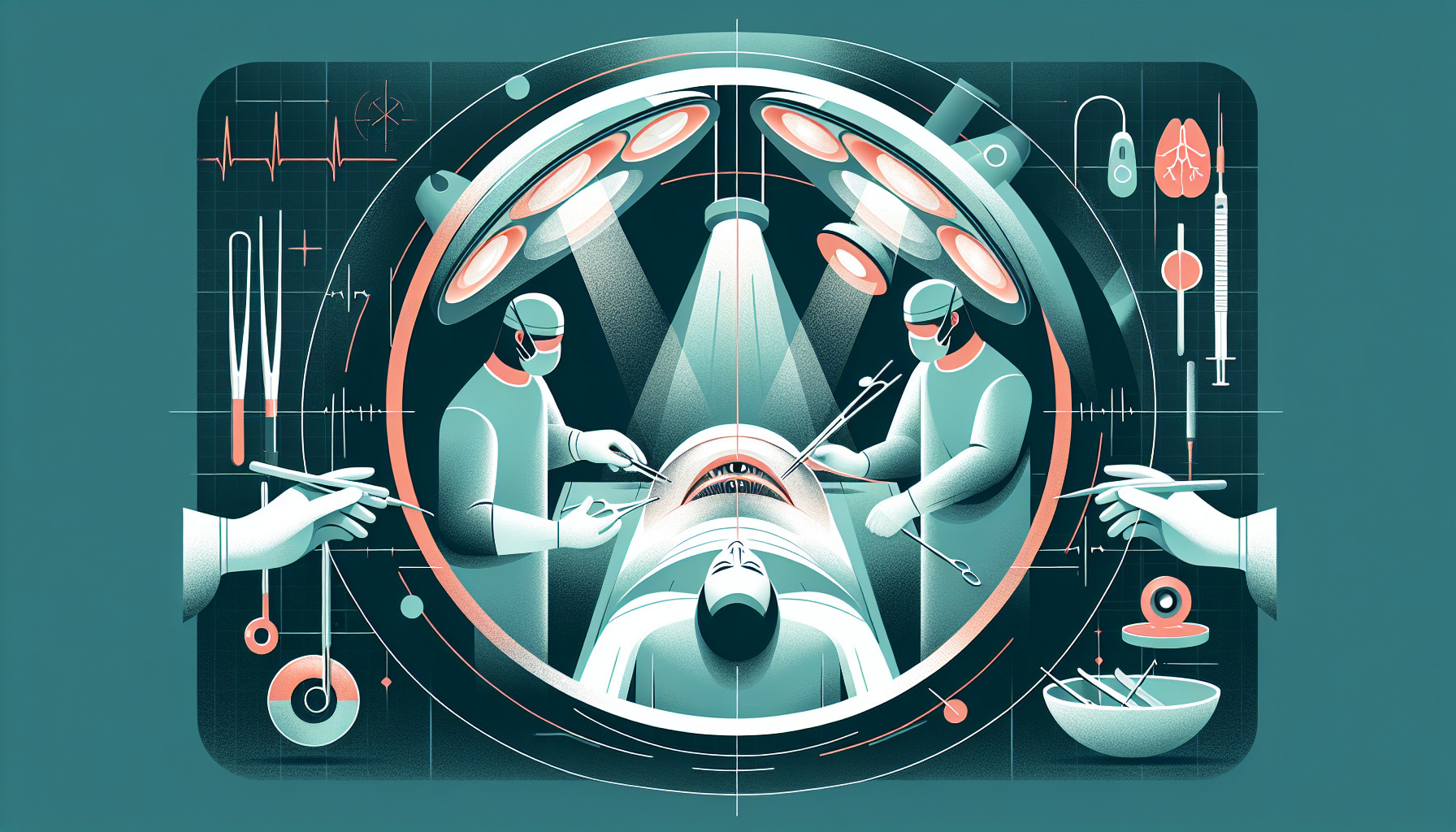Our Summary
This study looked at how cataract surgery affects the surface of the eye and the concentration of the tears. The study involved 39 patients (55 eyes) who had cataract surgery. The researchers specifically looked at how the surface of the eye was before surgery and one week and four weeks after surgery. They performed a few tests, including measuring the time it takes for tears to break up on the eye surface and testing the sensitivity of the cornea (the clear front part of the eye).
The study found that there were some temporary changes after cataract surgery. The time it took for tears to break up on the eye surface decreased a week post-surgery but returned to normal after four weeks. The sensitivity of the cornea also decreased after a week but returned to normal after four weeks. The concentration of the tears increased significantly after a week and did not return to normal even after four weeks.
This study suggests that after cataract surgery, patients might experience symptoms of dry eyes because of increased tear concentration and changes in the eye surface. Therefore, doctors should be aware of these potential symptoms when caring for patients after cataract surgery.
FAQs
- How does cataract surgery affect the surface of the eye and tear concentration?
- What temporary changes might patients experience after cataract surgery?
- What might be the potential symptoms a patient could experience due to increased tear concentration and changes in the eye surface after cataract surgery?
Doctor’s Tip
A helpful tip a doctor might tell a patient about cataract surgery is to use lubricating eye drops regularly after the procedure to help alleviate any symptoms of dry eyes. It is important to follow the doctor’s instructions closely and attend all follow-up appointments to ensure proper healing and optimal outcomes.
Suitable For
Patients who are typically recommended for cataract surgery are those who have significant vision impairment due to cataracts that cannot be corrected with glasses or contact lenses. Other factors that may indicate a need for cataract surgery include difficulty with daily activities such as driving or reading, glare or halos around lights, and decreased color perception.
Additionally, patients with other eye conditions such as glaucoma or macular degeneration may also be recommended for cataract surgery if the cataracts are worsening their vision. It is important for patients to discuss their individual circumstances with their eye care provider to determine if cataract surgery is the best option for them.
Timeline
Before cataract surgery:
- Patient may experience blurry or cloudy vision
- Patient may have trouble seeing at night or in low light
- Patient may see halos around lights
- Patient may have difficulty reading or seeing small print
- Patient may have sensitivity to light
After cataract surgery:
- Patient may experience improved vision within a few days
- Patient may need to wear an eye patch or shield for protection after surgery
- Patient may need to use eye drops to prevent infection and reduce inflammation
- Patient may experience temporary changes in tear production and eye surface sensitivity
- Patient may need to attend follow-up appointments to monitor healing and vision improvement
Overall, cataract surgery is a safe and effective procedure that can significantly improve a patient’s quality of life by restoring clear vision.
What to Ask Your Doctor
- What are the potential risks and complications associated with cataract surgery?
- What type of cataract surgery will be performed (traditional vs. laser-assisted) and why?
- What is the success rate of cataract surgery and what can I expect in terms of visual outcomes?
- How long is the recovery period after cataract surgery and what restrictions or precautions should I follow?
- Will I need to wear glasses or contact lenses after cataract surgery?
- What are the options for intraocular lenses and which one would be most suitable for my specific needs?
- How often will I need follow-up appointments after cataract surgery?
- What can I do to minimize the risk of developing dry eyes or other complications post-surgery?
- Are there any specific medications or eye drops I should use before or after cataract surgery?
- How soon after cataract surgery can I resume normal activities, such as driving or exercising?
Reference
Authors: Igarashi T, Takahashi H, Kobayashi M, Kunishige T, Arima T, Fujimoto C, Suzuki H, Okuda T, Takahashi H. Journal: J Nippon Med Sch. 2021;88(3):204-208. doi: 10.1272/jnms.JNMS.2021_88-405. PMID: 34193743
